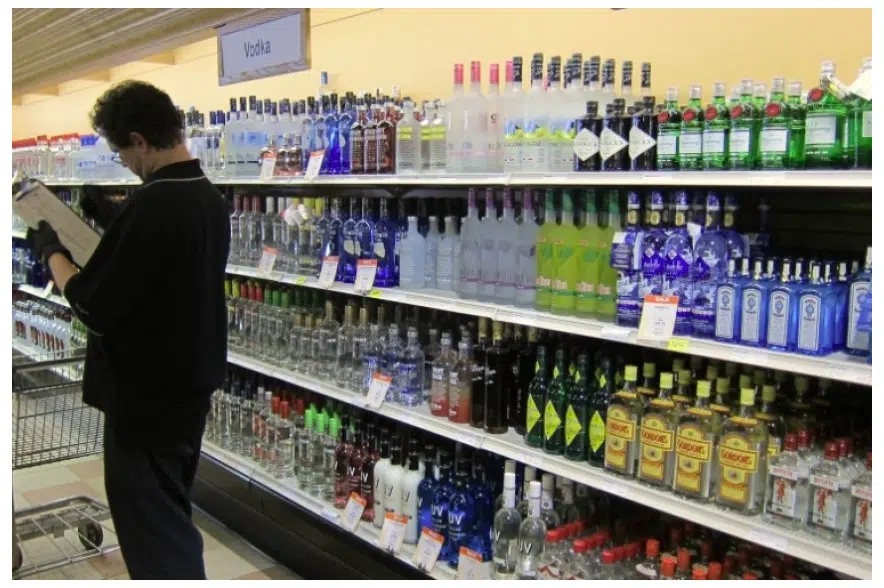While many were out enjoying Canada Day fireworks and festivities, more than 2,000 small businesses in Saskatchewan were wrapping their heads around a tax increase.
On July 1, the provincial government raised the small business tax back up to one per cent.
“It’s not exactly giving the government a huge amount of money,” said Gage Haubrich, prairie director for the Canadian Taxpayers Federation (CTF). “That extra tax that a business might have to pay could be their make-or-break moment.”
In 2020, the small business tax was lowered from two per cent down to zero per cent. Now it’s raised back up to one per cent, and according to Haubrich the provincial government is trying to get it all the way back up to two per cent.
“When the government does something right, and we think they did something right in 2020 getting it down to zero, they shouldn’t backtrack on a good move and they should keep doing it,” said Haubrich.
Saskatchewan isn’t following in the footsteps of other neighboring provinces in making this decision. Manitoba doesn’t have any small business taxes, and Alberta is in the process of pushing to have its small business tax eliminated.
“It becomes a problem when we have other provinces around us that are doing better,” said Haubrich.
Small businesses employ around 150,000 Saskatchewan residents. Haubrich added it is essential that taxes stay low to ensure people in the province can remain employed.
Haubrich also pointed out that the provincial government won’t necessarily be profiting from the tax hike.
“It would only be about nine per cent of the business taxes they collected last year, and only about one per cent of total revenue,” said Haubrich.
In 2020 when the government initially lowered the tax, Haubrich said the government indicated the move would cost about $189 million, or one per cent of total government revenue. The CTF website noted that last year the government took in $1.9 billion in business taxes alone, without a small business tax.
If Saskatchewan decides to go back up to the full two per cent, Haubrich said some small businesses could be paying up to $12,000 each year.
According to the CTF, over the past three years the average small business saved around $6,100 thanks to the tax cut.
For many small businesses struggling after the COVID-19 pandemic, even a hike of one per cent could affect their companies in a major way. CEBA small business loans are also up for repayment at the end of this year, and many small businesses are concerned with financing that repayment.
Haubrich said the CTF is hoping the provincial government will reverse its decision and permanently end the small business tax.
“It could really help out a business still trying to recover from the pandemic and facing those higher costs from inflation,” said Haubrich.











